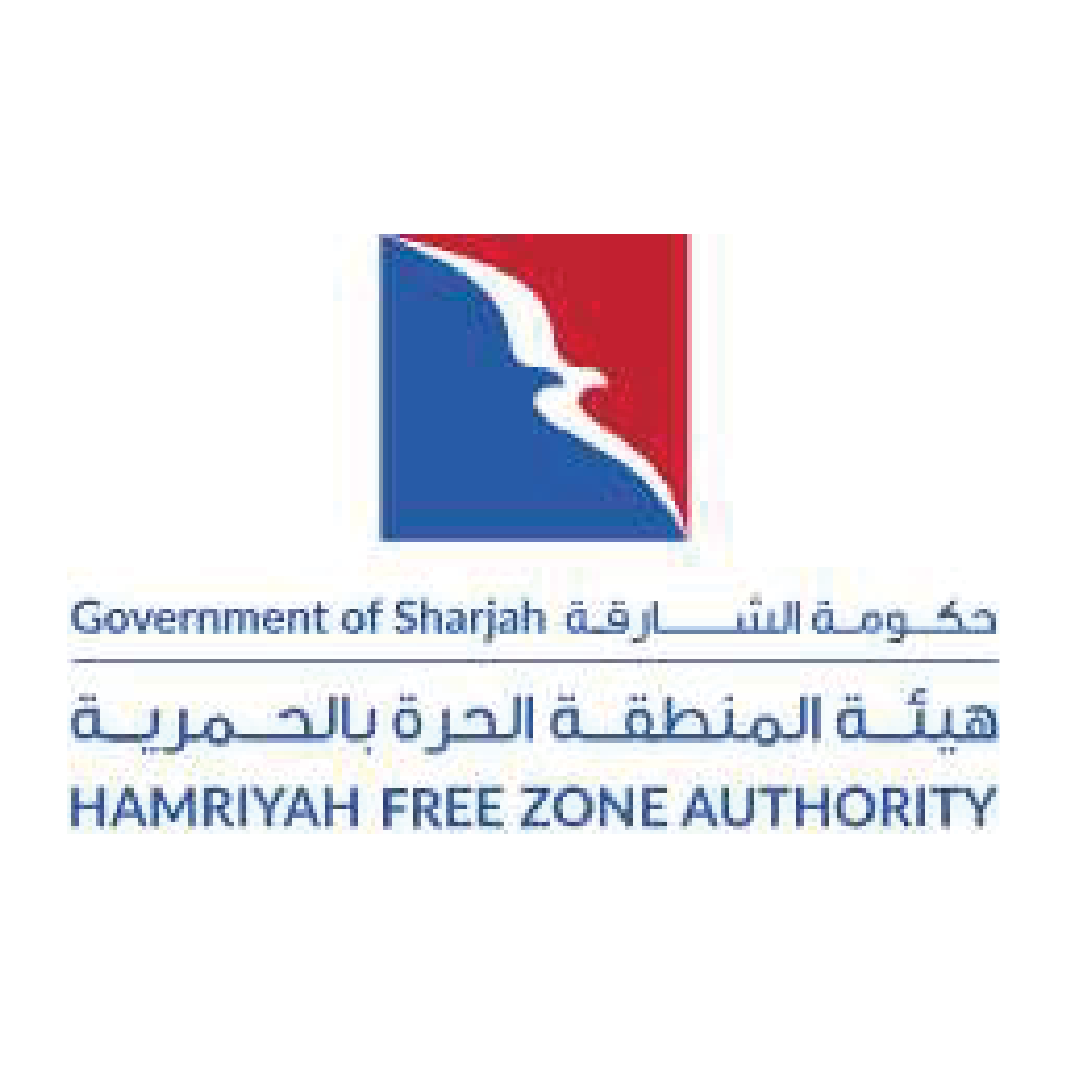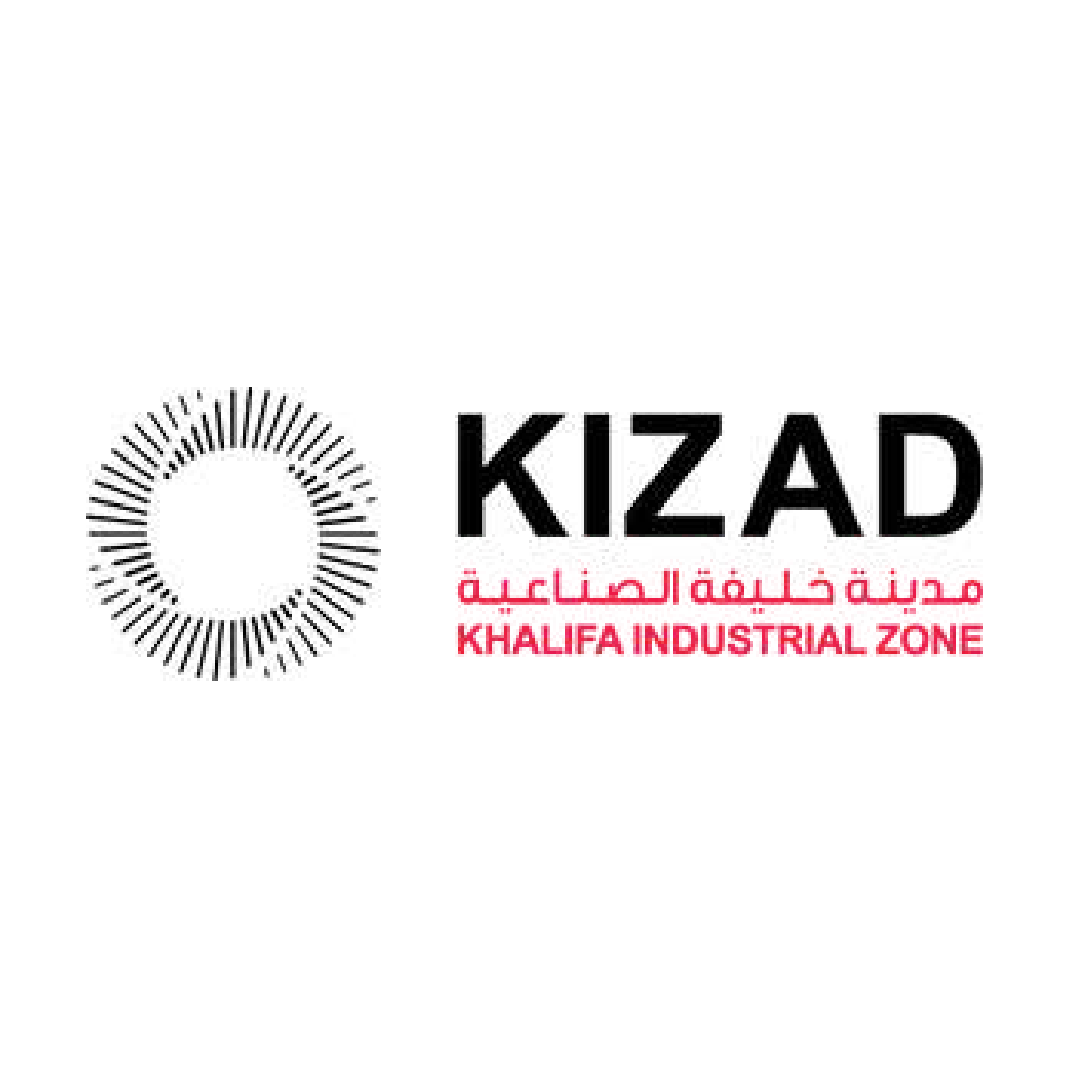Trusted & Reliable Audit Services in UAE
At Daxin Global, we provide independent and reliable audit services in UAE that help businesses maintain regulatory compliance, enhance financial integrity, and build investor trust.
Our expert team offers tailored solutions that align with industry standards, fostering transparency and long-term success.
Major Free Zones and Main lands of UAE











Detailed Audit Services for UAE Businesses
As a leading audit firm, Daxin Global UAE delivers high-quality audit services that are designed to strengthen your organization’s financial credibility and compliance with UAE regulatory frameworks.
Whether you operate on the mainland, in a free zone, or as an international subsidiary, our team of experienced chartered accountants and certified auditors ensures that your financial statements meet both local and international standards (IFRS).
Our goal is not just to ensure compliance — but to deliver insights that help you make smarter business decisions and build stakeholder confidence.

Our Audit Services in UAE
We provide a full spectrum of audit services (internal and external audit) tailored to your business structure and industry.
External Audit
Independent audits ensuring compliance with UAE regulations and investor confidence.
Internal Audit
Risk-based audits to evaluate internal controls, governance, and operational efficiency.
Due Diligence
Financial and operational due diligence for mergers, acquisitions, and investments.
Forensic Audit
Investigation and fraud detection services to safeguard business assets and integrity.
Liquidation Audit
Regulatory audits and reports required for company liquidation in the UAE.
Risk Assessment & Compliance Audit
Comprehensive evaluation of financial, operational, and regulatory risks.
Other Assurance Services
Review engagements, agreed-upon procedures, and compliance certifications.

Why Businesses Choose Daxin Global UAE
Delivering Accuracy, Integrity, and Confidence in Every Audit.
- Experienced Professionals: A team of certified auditors with local and international audit expertise.
- IFRS & ISA Standards: Our audits follow International Financial Reporting Standards and International Standards on Auditing.
- Regulatory Compliance: Deep understanding of UAE laws, FTA guidelines, and Ministry of Economy requirements.
- Global Quality Assurance: As part of the Daxin Global Network, we bring global audit excellence to every engagement.
- Industry-Specific Knowledge: Proven experience across sectors including real estate, construction, manufacturing, retail, and healthcare.
- Client-Centric Approach: Transparent communication and actionable recommendations.
Our Audit Process
Our structured audit process ensures accuracy, compliance, and minimal disruption to your operations
Initial Consultation
Understanding your business and objectives.
Planning & Risk Assessment
Identifying key risk areas and audit priorities.
Fieldwork & Evidence Gathering
Conducting thorough reviews of records, systems, and transactions.
Reporting & Recommendations
Delivering detailed reports with findings and actionable insights.
Ongoing Support
Assisting with compliance and audit follow-ups as needed.
Industries We Serve
We provide audit services in UAE to a wide range of industries from retail industry to healthcare. Our team understands the unique compliance, reporting, and operational challenges faced by each industry ensuring tailored and relevant audit solutions.

Construction & Real Estate
Retail & E-Commerce
Manufacturing & Trading
Financial Services
Healthcare & Education
Technology & Startups



